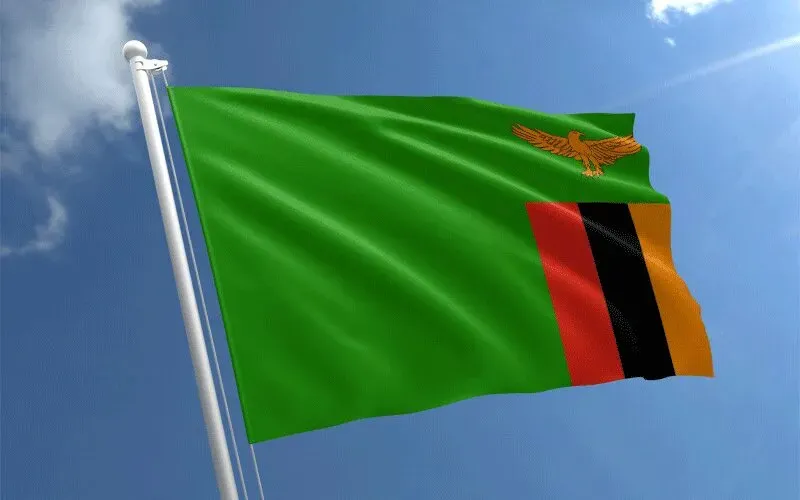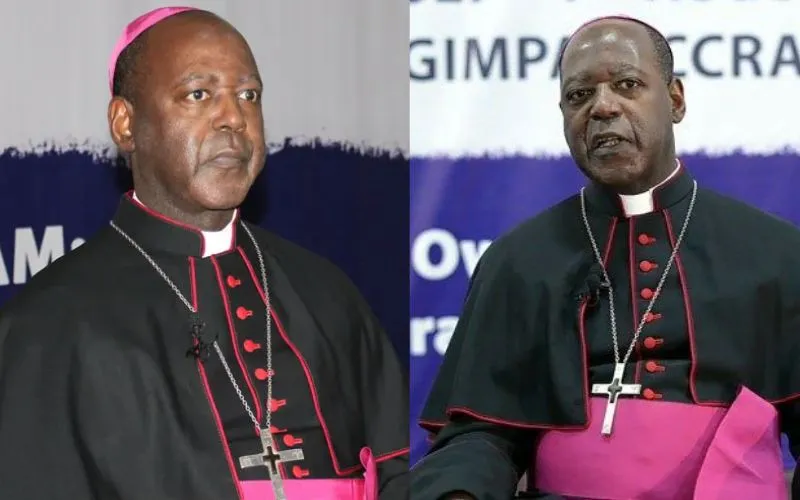Lusaka, 06 February, 2022 / 8:50 pm (ACI Africa).
Officials of the Civil Society Organization (CSO) Debt Alliance in Zambia are calling on those who have loaned the Southern African nation money, whether private or other governments, to consider cancelling the loans in what they term “a large-scale debt cancellation”.
Zambia’s total public debt to local and foreign lenders stood at $27 billion at the end of June 2021, the Zambian government announced last October.
Last month, CSO Debt Alliance officials who include members of the Jesuit Centre for Theological Reflection (JCTR) and Caritas Zambia lauded the government of Zambia for what they described as “notable positives” in recovering the Southern African nation’s ailing economy. In their January 24 statement, the officials however said they were concerned about the extent of Zambia’s debt portfolio and its debt service levels.
In a Friday, February 4 statement, officials of the CSO Debt Alliance say loans from private entities and other governments have plunged Zambia into a “debt crisis” and argue that debt cancellation will benefit Zambians.
“As the Zambian Civil Society Debt Alliance, we are of the view that both lenders and the previous Zambian government are responsible for plunging Zambia into the current debt crisis. Private lenders and other governments lent to Zambia at high interest rates and high risk,” CSO Debt Alliance officials say.








